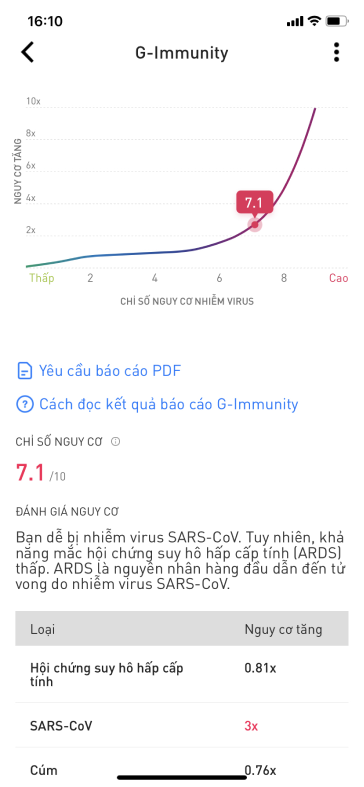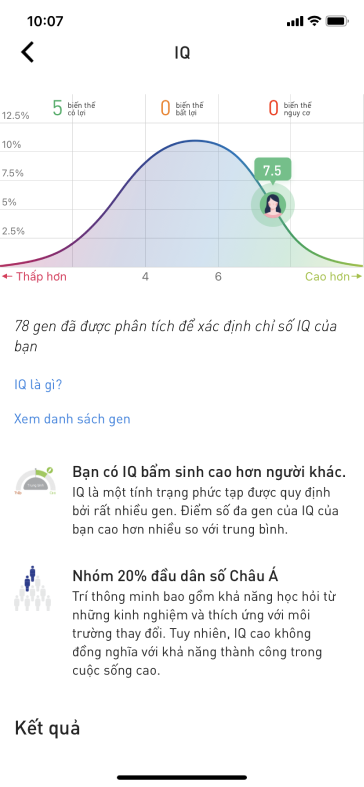Tuberous sclerosis
Tuberous sclerosis is also called tuberous sclerosis complex, is an uncommon genetic disorder that causes noncancerous (benign) tumors — unexpected overgrowths of normal tissue — to develop in many parts of the body, most commonly in the brain, eyes, kidneys, heart, lungs, and skin, although any part of the body can be affected.
Signs and symptoms vary widely, depending on where the growths develop and how severely a person is affected. Some common symptoms including skin abnormalities, seizures, cognitive disabilities, behavioral problems, kidney problems, heart issues, lung problems, eye abnormalities, etc.
Tuberous sclerosis can be the result of either:
- A random cell division error. About two-thirds of people who have tuberous sclerosis have a new mutation in either the TSC1 or TSC2 gene — the genes associated with tuberous sclerosis — and do not have a family history of tuberous sclerosis.
- Inheritance. About one-third of people who have tuberous sclerosis inherit an altered TSC1 or TSC2 gene from a parent who has the disorder.
If you have tuberous sclerosis, you have up to a 50 percent chance of passing the condition to your biological children. The severity of the condition may vary. A parent with tuberous sclerosis may have a child who has a milder or more severe form of the disorder.
It also means that if a child is diagnosed with tuberous sclerosis without a family history of the condition, both parents may consider screening for tuberous sclerosis as well.
Furthermore, people with tuberous sclerosis may consider genetic counseling before their reproductive years to understand their risk of passing on the condition and their reproductive options.
Read more: https://www.mayoclinic.org/diseases-conditions/tuberous-sclerosis/symptoms-causes/syc-20365969










